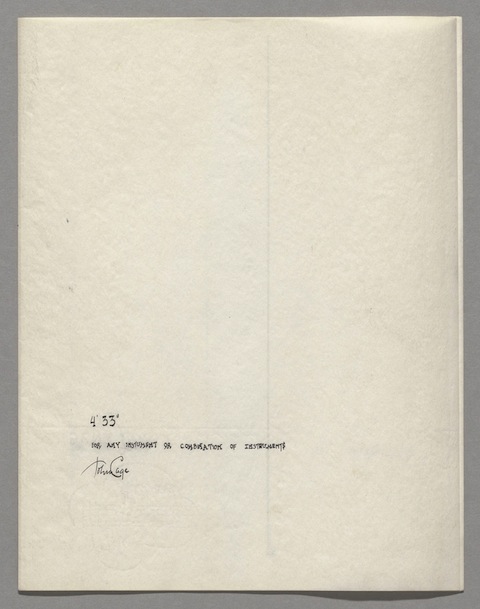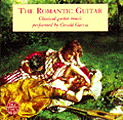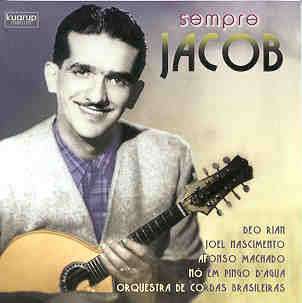Luigi Mozzani was a famous and respected guitarist who died in 1943. He also made guitars and travelled widely, living in England for 6 months. His most famous work is “Feste Lariane” the favourite of many an aspiring concert guitarist.
He lived in Bologna, which is where he had a large library of music in which Angel Gilardino found a neatly written manuscript of a solo guitar piece which was signed “Respighi” at both top and bottom. The one and the same person who wrote three orchestral suites called Antiche arid e danze per liuto in 1917, 1923 and 1931.
 He was evidently keen on the guitar and would have asked Mozzani, who lived in Bologna at the same period (1900-1909). It us very likely that Respighi wrote the guitar piece, not at the request of Mozzani, but as a study to learn about the instrument. He was a master at writing for different instruments and would have asked Mozzani for advice. However, it seems this was not forthcoming, and Respighi may have dropped the matter. Segovia subsequently came to know Respighi, but there is no mention of the piece or any attempt to write something for the maestro which we know of. I think the main problem with the Variazioni is that they are in quite unusual flat keys for the guitar, going from C major, through F, then Bb, G minor, C minor,Ab, Db (eek!)Bb minor. Then he runs out of flat keys and the editor kindly puts us back into C major! Continue reading →
He was evidently keen on the guitar and would have asked Mozzani, who lived in Bologna at the same period (1900-1909). It us very likely that Respighi wrote the guitar piece, not at the request of Mozzani, but as a study to learn about the instrument. He was a master at writing for different instruments and would have asked Mozzani for advice. However, it seems this was not forthcoming, and Respighi may have dropped the matter. Segovia subsequently came to know Respighi, but there is no mention of the piece or any attempt to write something for the maestro which we know of. I think the main problem with the Variazioni is that they are in quite unusual flat keys for the guitar, going from C major, through F, then Bb, G minor, C minor,Ab, Db (eek!)Bb minor. Then he runs out of flat keys and the editor kindly puts us back into C major! Continue reading →




 I imagine that any comment should be superfluous, but just in case you wondered, the
I imagine that any comment should be superfluous, but just in case you wondered, the 
 He had two brothers, one named Verdi, the other Rossine, so it isn’t surprising that his parents had musical ambitions for
He had two brothers, one named Verdi, the other Rossine, so it isn’t surprising that his parents had musical ambitions for 
 He was evidently keen on the guitar and would have asked Mozzani, who lived in Bologna at the same period (1900-1909). It us very likely that Respighi wrote the guitar piece, not at the request of Mozzani, but as a study to learn about the instrument. He was a master at writing for different instruments and would have asked Mozzani for advice. However, it seems this was not forthcoming, and Respighi may have dropped the matter. Segovia subsequently came to know Respighi, but there is no mention of the piece or any attempt to write something for the maestro which we know of. I think the main problem with the Variazioni is that they are in quite unusual flat keys for the guitar, going from C major, through F, then Bb, G minor, C minor,Ab, Db (eek!)Bb minor. Then he runs out of flat keys and the editor kindly puts us back into C major!
He was evidently keen on the guitar and would have asked Mozzani, who lived in Bologna at the same period (1900-1909). It us very likely that Respighi wrote the guitar piece, not at the request of Mozzani, but as a study to learn about the instrument. He was a master at writing for different instruments and would have asked Mozzani for advice. However, it seems this was not forthcoming, and Respighi may have dropped the matter. Segovia subsequently came to know Respighi, but there is no mention of the piece or any attempt to write something for the maestro which we know of. I think the main problem with the Variazioni is that they are in quite unusual flat keys for the guitar, going from C major, through F, then Bb, G minor, C minor,Ab, Db (eek!)Bb minor. Then he runs out of flat keys and the editor kindly puts us back into C major! 

 What do you get if you substitute an ‘M’ for a ‘B’ and an ‘n’ for an ‘m’?
What do you get if you substitute an ‘M’ for a ‘B’ and an ‘n’ for an ‘m’?